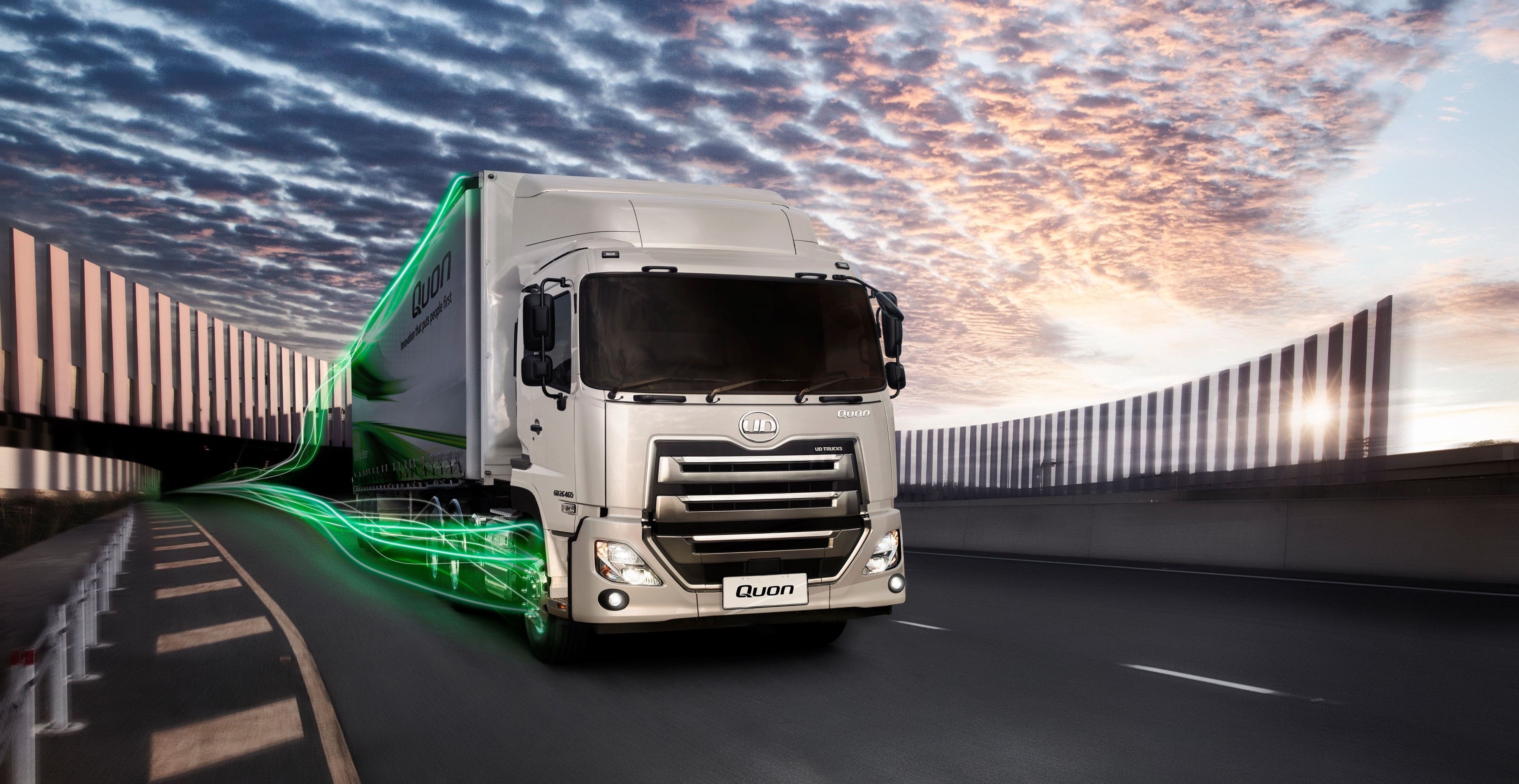
Boosting its national logistics operations, Tip Top Milk has rolled out 21 new Mercedes-Benz Actros 2645 trucks, a move that solidifies a 15-year partnership and underscores the dairy giant's relentless growth. This latest investment brings its total fleet of the German marque to an impressive 155 vehicles, all dedicated to the crucial task of transporting fresh milk from farm to processing plants across South Africa.
The company's journey is a classic South African success story. It was founded in 2010 by the late Beyers de Bruin with little more than steadfast faith, a single Dyna 3500 milk tanker and a mission to assist farmers burdened with milk surpluses. Today, that vision has blossomed into a major enterprise operating from three depots nationwide. Tip Top Milk now employs around 200 people and is responsible for sourcing, collecting and moving a staggering 36-million litres of quality milk every month.
According to David de Jager, Chief Executive Officer at Tip Top Milk, this remarkable expansion has never come at the cost of the company's core values. "Our business is, and always has been, built around people—our customers and our employees. We pride ourselves on doing what is right and being honest in everything we do."
RelationshipThis people-centric philosophy extends to their choice of equipment. The relationship with Mercedes-Benz Trucks began at the very start, when the fledgling company needed a partner that believed in its potential. "Back in 2010, Mercedes-Benz Trucks was the only brand willing to take a chance on us," de Jager recalls. "That’s where Beyers’ love for the brand started."
That initial trust has been fortified over the years through a close working relationship with Mercedes-Benz Trucks and Motus Daimler Trucks Airport. De Jager is quick to praise the support from Ruan Pienaar and his team. "Their support is unwavering, and they never make excuses. It’s a pleasure doing business with them," he adds.

In the high-stakes world of perishable goods transport, reliability is non-negotiable. Tip Top Milk has found this in the durability of their Mercedes-Benz trucks, particularly their powertrains. The fleet even includes a vehicle that has clocked over a million kilometres. "But no matter how reliable a truck is, repairs will eventually be needed," de Jager notes. "That’s where Mercedes-Benz Trucks truly stand out—the availability of parts makes all the difference and keeps our business moving."
Dealer NetworkThis commitment to uptime is backed by an extensive dealer network that provides Tip Top Milk with critical peace of mind. De Jager points out that on one of their major routes alone, there are at least two dealerships ready to assist. He shares a recent incident that highlights this exceptional service: "We contacted Motus Daimler Trucks Airport on a Saturday afternoon with an urgent need to replace a truck after an accident. By Tuesday, the new truck was delivered. That level of responsiveness is a testament to their commitment."
To further optimise operations, Tip Top Milk utilises the Fleetboard vehicle management system. This technology is integral to their drive for fuel efficiency and enhanced driver performance. The company has built a driver bonus structure around the data provided by Fleetboard, leading to tangible results. Through targeted training and data-driven feedback, the average driver performance score has climbed from 8,9 in 2014 to 9,4 today, delivering significant savings on fuel and maintenance.
For de Jager, the decision to stick with the brand goes beyond specs and service. "Mercedes-Benz Trucks are not only the most aesthetically pleasing on the road, they offer a host of features that support our operations," he says. "But the most important factor is our people. Our drivers spend countless hours behind the wheel, and their comfort directly affects their performance and well-being. That’s why we choose Mercedes-Benz Trucks: they deliver unmatched comfort, helping us take care of the people who keep our business moving."
VisionReflecting on the enduring partnership, Olaf Petersen, Vice President of Sales and Marketing at Daimler Truck Southern Africa, said, "Fifteen years ago, we saw their vision and potential, and today we’re proud to be one of the leading brands behind their business. We sincerely thank David and the entire Tip Top Milk team for their loyalty. Their continued trust inspires us to support their business as it grows from strength to strength."
As Tip Top Milk celebrates a decade and a half of operation, the arrival of the 21 new trucks is more than a simple fleet refresh; it is a powerful reaffirmation of a partnership built on a foundation of mutual trust, proven performance, and a shared commitment to keeping South Africa's dairy industry flowing.
https://bit.ly/4oe2d93















































